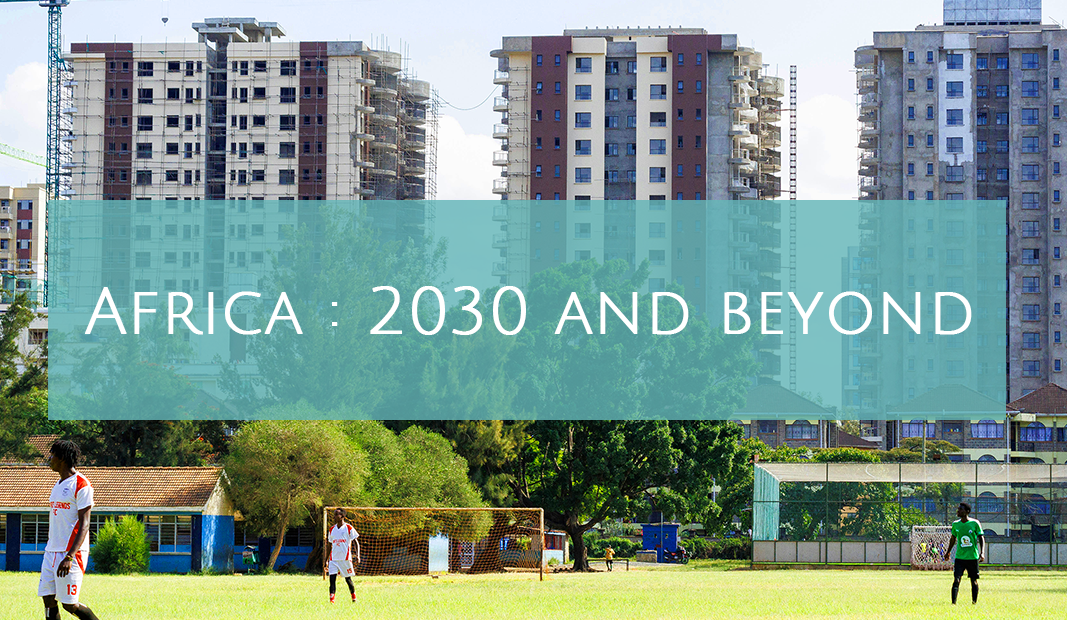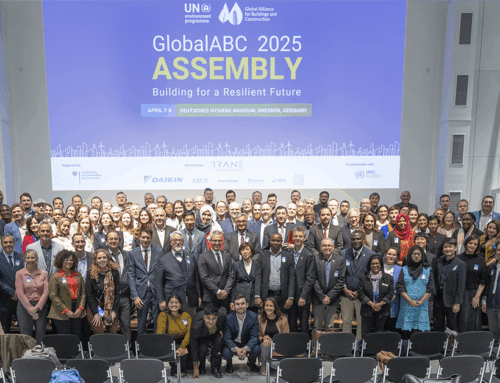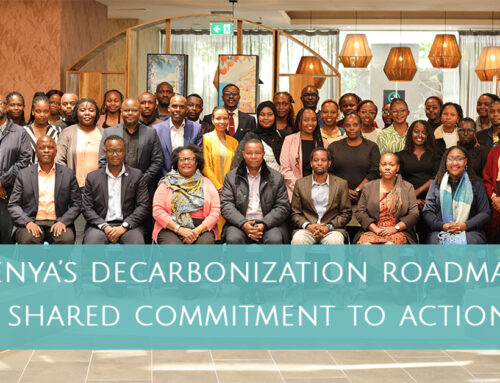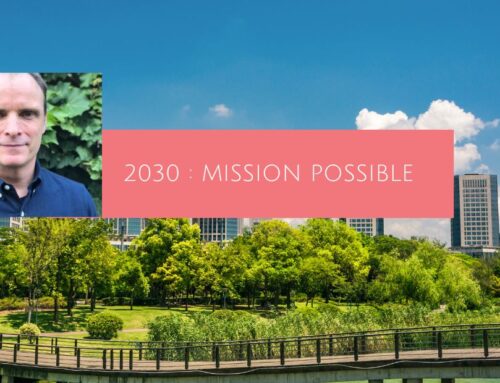By: Mugure Njendu
Africa has a chance to build right the first time – to ensure that schools, homes, hospitals and infrastructure are both healthy, climate-resilient and energy-efficient
With 70% of the needed building stock still to be built by 2050, the continent stands at a crossroads for socio-economic and environmental conservation. However, the buildings and construction industry in Africa is one of the biggest contributors to greenhouse gas emissions, accounting for 19–22% of national emissions in countries like South Africa, Nigeria, Kenya, and Morocco1 .With the rapid urbanization on the continent, the emissions are set to double by 20502. Africa has the opportunity to abate these emissions by enabling zero emissions in new construction.
The Built environment in Africa, remains fairly unregulated with only 9 countries with a formal Building code in place. That is why, now is the time for Africa. Africa needs to address policy issues towards meeting decarbonization of the Building sector as it has the opportunity to build better, as the least contributing continent of carbon emissions.
Building a Strong Foundation
Africa needs to fast-track policy development in the fastest urbanizing countries to support building decarbonization and inform future housing development. To do this Africa needs –
- Sector-wide collaboration that is diverse and inclusive
- Network of local experts to develop decarbonization roadmaps
- Collaboration between entities with similar goals as implementation partners
- Widespread adoption of low-carbon, resilient building practices.
How is GBPN supporting these needs?
GBPN is a supporting initiative of the Buildings Breakthrough Agenda and is supporting selected countries in Africa to achieve the goal of ‘nearly zero-emissions and resilient buildings becoming the new normal by 2030’.
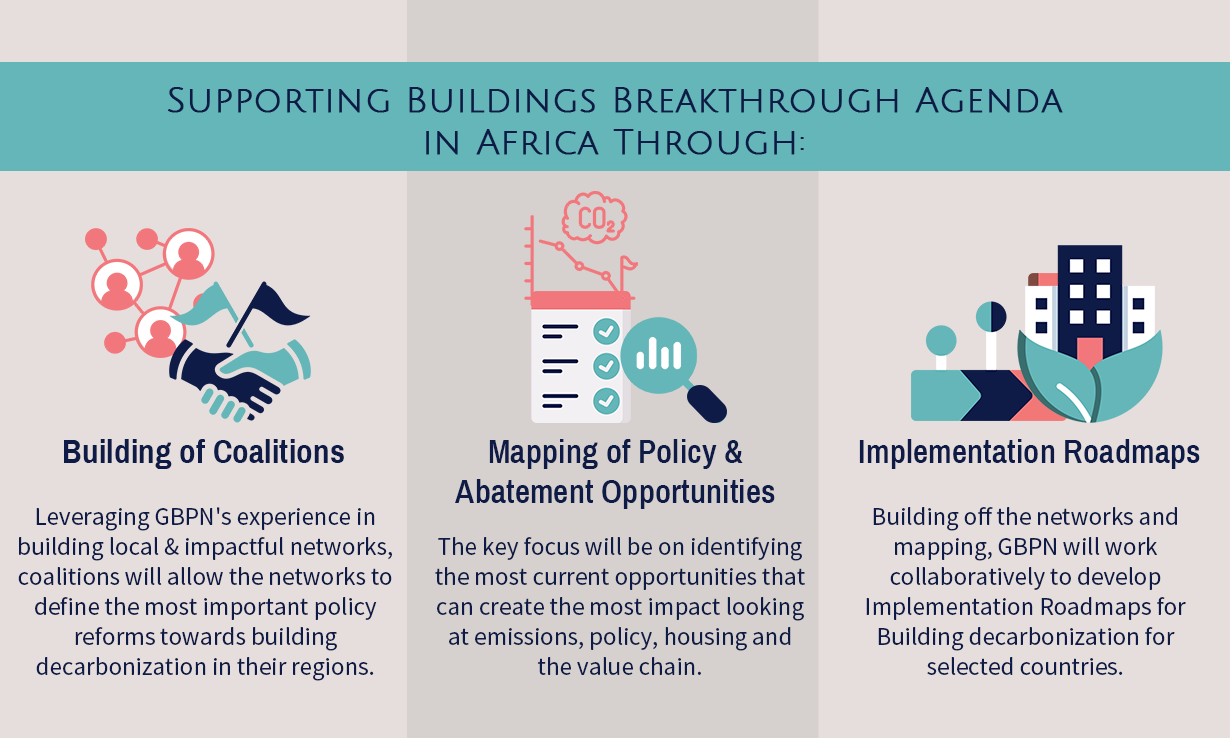
As a supporting initiative of the Buildings Breakthrough, GBPN is now working with Kenya to develop its National Decarbonization Plan and Climate Change, Green and Resilient Buildings Regulations, 2024; and the updating of its NDC at the Invitation of the Ministry of Public Works and Housing.
What does this mean for Africa
Africa’s 2030 and 2050 decarbonization goals support international commitments such as the Paris Agreement and are guided by regional strategies including the African Union Climate Change and Resilient Strategy and Action Plan (2022-2032) as well as national goals outlined in the Nationally Determined Goals in each of the 55 countries. While the NDCs by various African countries are a step towards achieving a greener, sustainable future, many of them lack detail on the emission mitigation targets and the mitigation funding requirements. The majority of the mitigation targets aim to tackle emissions from the transport, waste and energy sectors, with little consideration of the building and construction sector3.
Kenya is a member of the Buildings Breakthrough commitment. With its development of a National Buildings and Construction Decarbonization roadmap towards ‘Near-zero emission and resilient buildings to be the new normal by 2030’, Kenya is strategically placed to impact other countries in the region among top emitters. With the development of an extensive network of experts, GBPN can draw on the collective expertise to include health, equity and energy justice in other top emitting countries in Africa.
Decarbonizing the sector is not only an environmental imperative, it is also a developmental opportunity – one often interwoven with political considerations. The benefits are clear: there will be a profound impact on the health, regional markets and just transitions all around, including easier access to green jobs for Africa’s vast young population. A healthier society is not just happy people, but also thriving communities driving economic productivity and overall cultural and mental stability.
Share This Story, Choose Your Platform!
Stay in touch with how we’re transforming the buildings sector
GBPN runs innovative building policy reform programs in key regions around the world that aim to tackle the climate emergency by decarbonising the buildings sector. Stay up to date with our newsletter.
Stay in touch with how we’re transforming the buildings sector
GBPN runs innovative building policy reform programs in key regions around the world that aim to tackle the climate emergency by decarbonising the buildings sector. Stay up to date with our newsletter.

